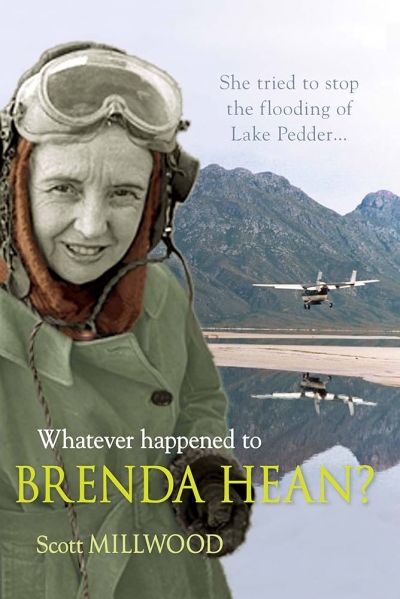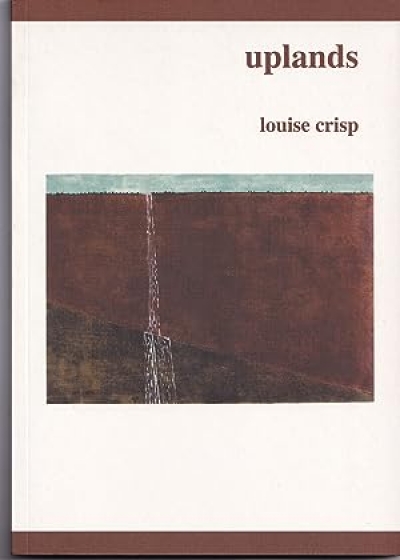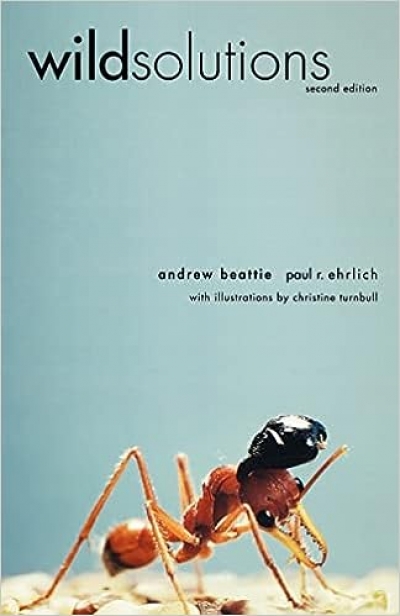Environment
Whatever Happened To Brenda Hean? by Scott Millwood
by Jay Daniel Thompson •
The Silent Deep: The discovery, ecology and conservation of the deep sea by Tony Koslow
by Paul Humphries •
Environmental Culture: The Ecological Crisis of Reason by Val Plumwood
by Janna Thompson •
Wild Solutions: How Biodiversity Is Money in the Bank by Andrew Beattie and Paul R. Erhlich
by Patrice Newell •





